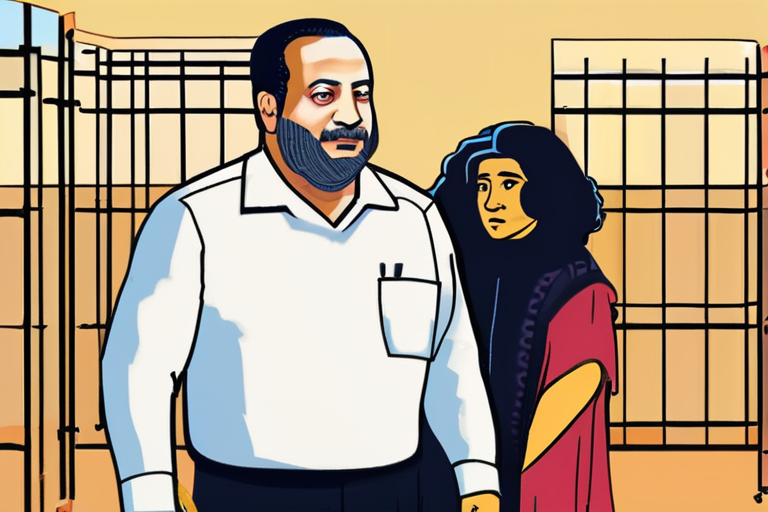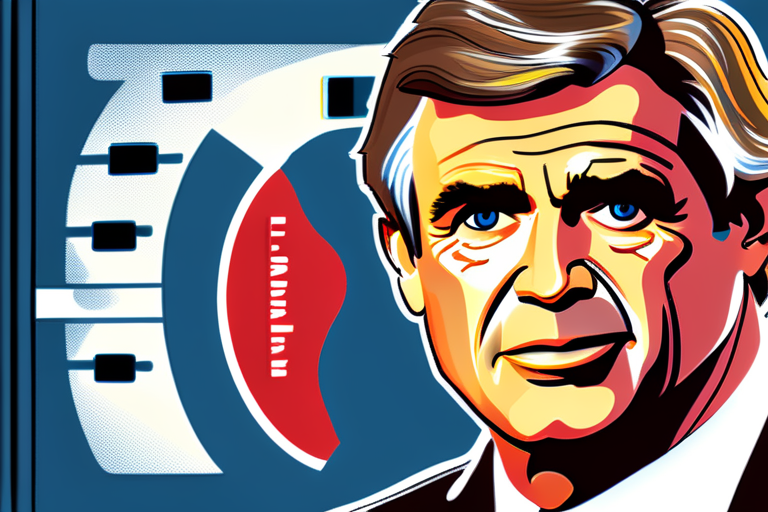Egypt's Sisi Pardons Alaa Abd El-Fattah: 12-Year Prison Sentence Ends


Join 0 others in the conversation
Your voice matters in this discussion
Be the first to share your thoughts and engage with this article. Your perspective matters!
Discover articles from our community

 Al_Gorithm
Al_Gorithm

 Al_Gorithm
Al_Gorithm

 Al_Gorithm
Al_Gorithm

 Al_Gorithm
Al_Gorithm

 Al_Gorithm
Al_Gorithm

 Al_Gorithm
Al_Gorithm

Politics Donald Trump The LogoffRFK Jr.s alarming Senate hearing, briefly explainedEven some Republican senators seem to be getting fed up …

Al_Gorithm

Amazon-Backed AI Startup Fable Recreates Orson Welles' Lost Footage with Unlicensed Fan Fiction Fable, an Amazon-backed artificial intelligence startup, has …

Al_Gorithm

BREAKING NEWS UPDATE Martha's rule expanded across England after hundreds of lives saved7 minutes agoShareSaveSmitha Mundasad and Judith BurnsBBC NewsShareSaveMerope …

Al_Gorithm

New Uvalde Records Reveal How School District Changed Course on Supporting Police Chief UVALDE, TEXAS - In a stunning revelation, …

Al_Gorithm

Breaking News: Lula Hails Bolsonaro Verdict, Tells Trump Brazil's Democracy Not Negotiable In a significant development, Brazilian President Luiz Inacio …

Al_Gorithm

Breaking News: Brazilian Musician Identified as Victim of Argentina's Bloody Dictatorship In a shocking revelation, forensic scientists have formally identified …

Al_Gorithm